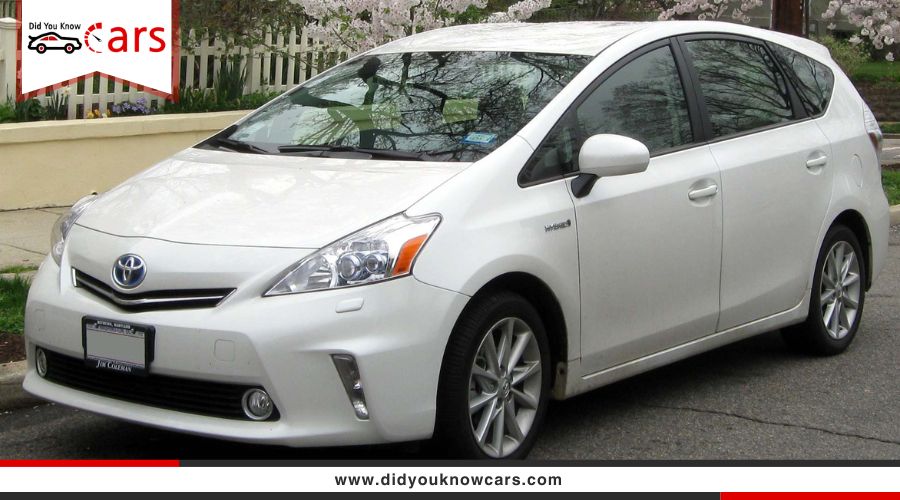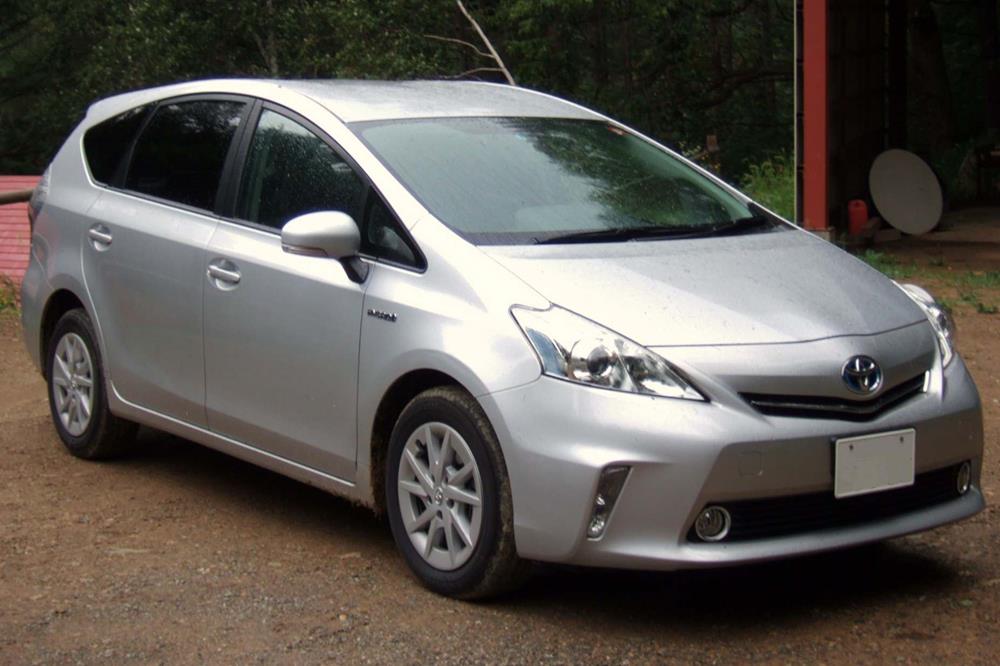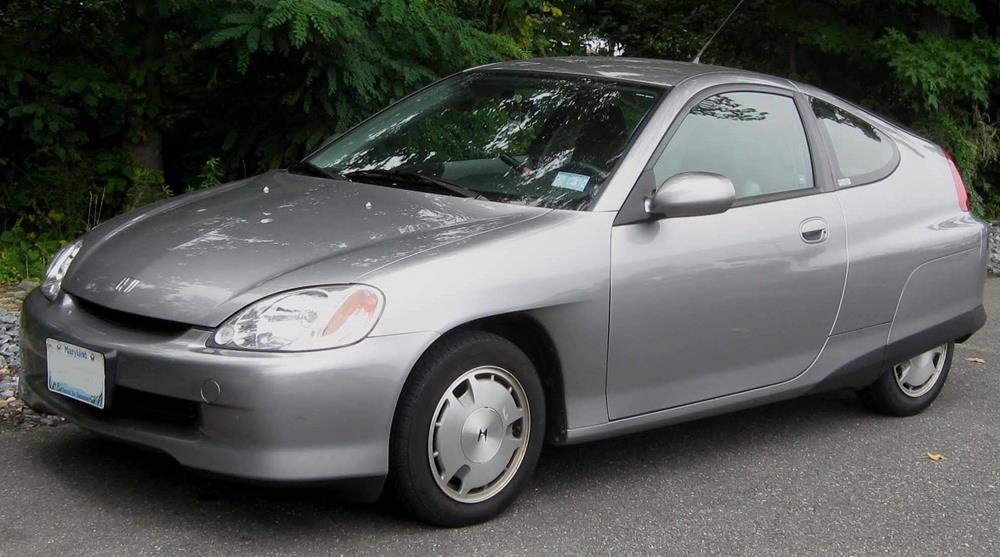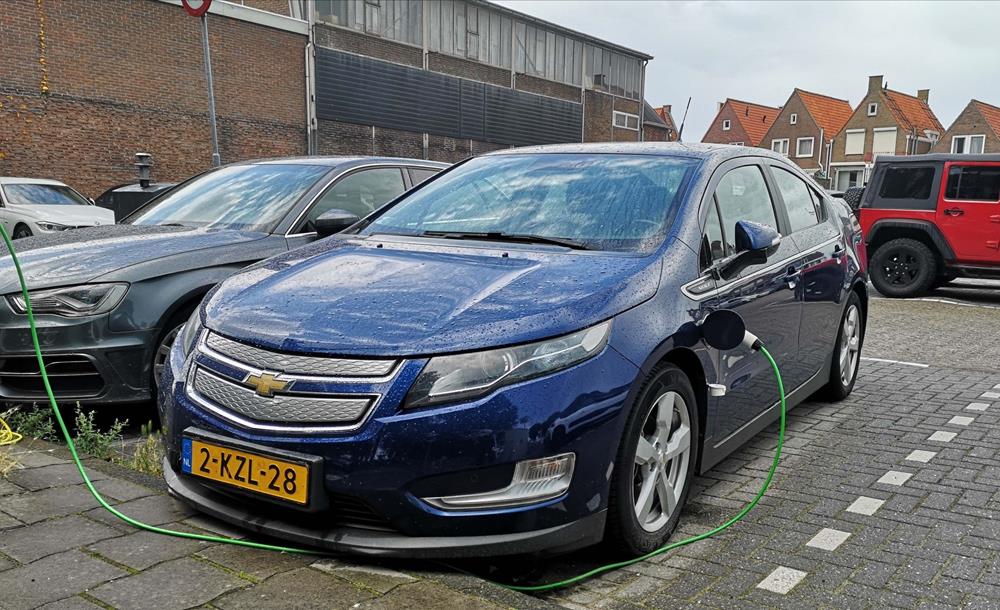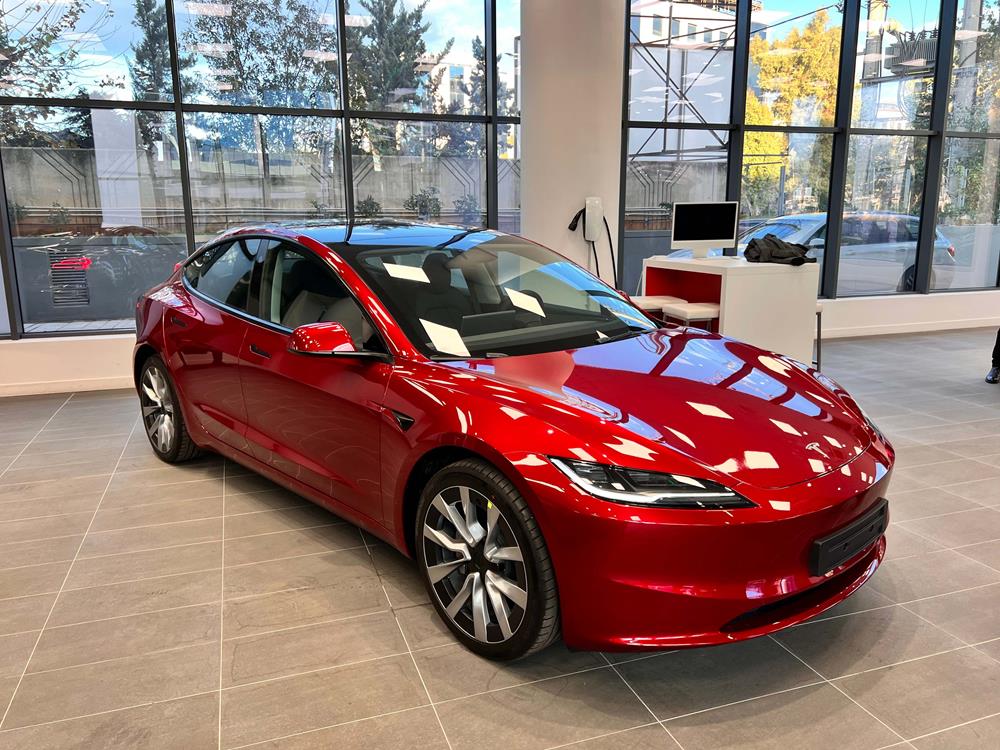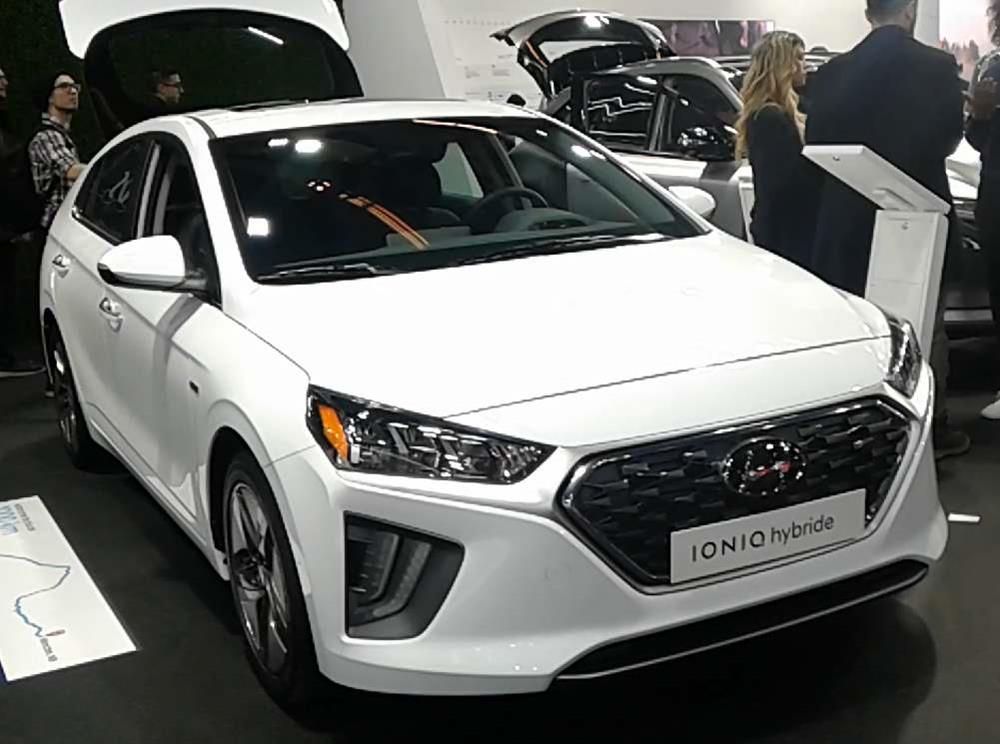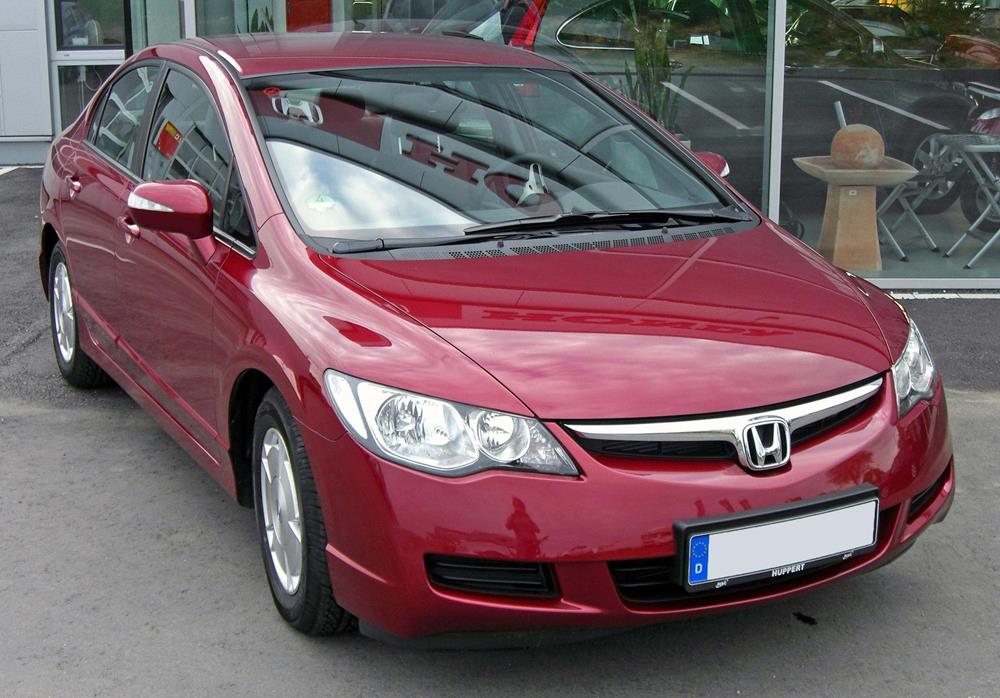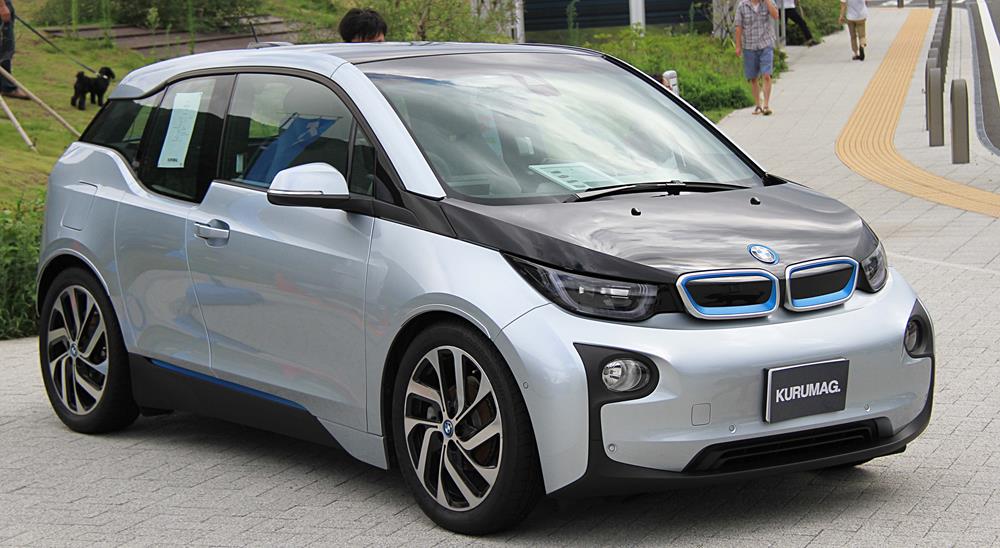In recent years, the demand for more fuel-efficient cars has surged, reflecting a collective shift towards environmental consciousness and economic prudence. As the realities of climate change become ever more pressing, consumers are increasingly seeking vehicles that not only reduce their carbon footprint but also offer relief from the financial burdens of rising fuel costs. This growing interest in fuel efficiency is not just a trend – it’s a movement, driven by a global community committed to making responsible, sustainable choices.
Automakers have responded to this demand with innovations, engineering vehicles that push the boundaries of fuel economy without compromising on performance or comfort. From sleek hybrids that blend gasoline and electric power to fully electric models that promise a cleaner, more sustainable mode of transportation, the variety of options available to eco-conscious consumers has never been greater.
This list explores a wide range of vehicles known for their remarkable fuel economy, from groundbreaking hybrids to innovative electric cars.
1. Toyota Prius (Various Models)
Fuel Efficiency: 58 mpg city, 53 mpg highway, and 56 mpg combined
The Toyota Prius is often the first vehicle to come to mind when discussing hybrid cars. Its combination of technology, reliability, and fuel efficiency has made it a popular choice globally.
The Prius is powered by Toyota’s innovative Hybrid Synergy Drive system, which seamlessly integrates an electric motor with a gasoline engine. This system allows the Prius to switch between or combine power sources for maximum efficiency.
The car’s design minimizes air resistance, with features like a lower front grille and sharp-edged headlights that enhance airflow. These design choices contribute significantly to its fuel efficiency, especially at higher speeds.
The Prius also features regenerative braking, which captures energy normally lost during braking and uses it to recharge the battery. This feature is particularly effective in urban driving where stop-and-go traffic is common.
2. Honda Insight (First and Second Generations)
Fuel Efficiency: 49 mpg city, 61 mpg highway, and 53 mpg combined
Honda Insight was one of the earliest hybrids available in the market, noted for its aerodynamic design and fuel-saving technology. The first-generation Insight used an ultra-lightweight aluminum structure, reducing overall weight to improve fuel efficiency. Its aerodynamic body also helped reduce drag.
Insight’s Integrated Motor Assist System combined a small, efficient gasoline engine with an electric motor. When extra power was needed, the electric motor provided a boost, and during deceleration, it acted as a generator to recharge the batteries.
The Insight was also fitted with low rolling resistance tires, which reduce the energy lost as heat when the tire rolls down the road. This seemingly small feature contributed significantly to its overall fuel efficiency.
Chevrolet Volt
Fuel Efficiency: 43 mpg city, 42 mpg highway, and 42 mpg combined in hybrid mode
As a plug-in hybrid, the Chevrolet Volt offered the flexibility of electric driving with the backup of a gasoline engine. The Volt is an extended-range electric vehicle (EREV). It operates primarily as an electric car for the first 53 miles after a full charge and then uses a gasoline engine to extend its range, offering a combined fuel efficiency of 42 mpg.
Its design includes a closed front grille and a tapered rear end, reducing drag and enhancing efficiency. Similar to the Prius, the Volt uses regenerative braking to recapture energy. Additionally, the Volt’s battery management system optimizes the charge and discharge processes to improve the lifespan and efficiency of the battery.
4. Tesla Model 3
Fuel Efficiency: 150 mpg city, 133 mpg highway, and 142 mpg combined in electric consumption
An all-electric sedan, the Tesla Model 3 is known for its sleek design, high-tech features, and impressive efficiency. Its all-electric powertrain eliminates the inefficiencies associated with internal combustion engines. Its powerful electric motors provide instant torque while maintaining high efficiency.
Tesla has focused on creating a highly aerodynamic design for the Model 3, including a smooth undercarriage and a streamlined shape, which reduces drag and enhances range. The high-density battery pack in the Model 3 is a key factor in its range and efficiency. Tesla’s battery technology allows for a higher energy capacity, ensuring that more miles can be driven on a single charge.
5. Ford Fiesta ECOnetic
Fuel Efficiency: around 65 mpg combined, a notable figure for a diesel vehicle.
Ford Fiesta ECOnetic was designed as a highly efficient diesel-powered car, appealing to those seeking economy without sacrificing performance. It is powered by an advanced turbocharged diesel engine optimized for efficiency. The engine includes features like a variable nozzle turbocharger and a high-pressure fuel injection system.
Ford equipped this model with several aerodynamic enhancements, such as a lower chassis and a rear spoiler, to reduce drag. It also used special wheel covers and a front grille designed to improve airflow.
The smart regenerative charging system charges the battery more efficiently, ensuring that energy is captured and stored during braking and coasting. The system reduces the alternator’s load on the engine, thereby improving fuel efficiency.
6. Hyundai Ioniq Hybrid
Fuel Efficiency: 57 mpg city, 59 mpg highway, and 58 mpg combined
This model challenged the best in the hybrid market with its attractive design and superior efficiency. The Ioniq’s high-efficiency hybrid system pairs a 1.6-liter four-cylinder engine with an electric motor. This combination is designed for optimal energy use, especially in city driving where the electric motor is most effective.
Hyundai designed the Ioniq with aerodynamics in mind, featuring a sleek silhouette and a rear spoiler that reduce drag, contributing significantly to its impressive fuel efficiency of 58 mpg combined. The use of sustainable and lightweight materials in the Ioniq’s construction, like recycled plastics and bio-fabrics, not only reduces its environmental impact but also improves fuel efficiency by reducing the overall weight of the vehicle.
7. Honda Civic Hybrid
Fuel Efficiency: 44 mpg city, 47 mpg highway, and 45 mpg combined
The Civic Hybrid brought Honda’s reliability and efficiency into a well-loved traditional compact car form. The Integrated Motor Assist (IMA) system combines a conventional internal combustion engine with an electric motor fitted between the engine and transmission. It assists the engine when accelerating and recaptures energy when braking or coasting.
The Civic Hybrid features aerodynamic enhancements like a smoothed underbody and a rear spoiler. These design elements reduce air resistance and improve fuel efficiency, particularly at highway speeds. Also, Honda equipped the Civic Hybrid with tires that minimize energy loss during driving, contributing to its overall efficiency of 45 mpg combined.
8. Lexus CT 200h
Fuel Efficiency: 43 mpg city, 40 mpg highway, and 42 mpg combined
This luxury hybrid car provided a mix of efficiency, comfort, and premium features. The CT 200h is powered by Lexus’ Hybrid Drive system, which combines a gasoline engine with an electric motor. The system optimizes power usage between the two sources for maximum efficiency.
The CT 200h is designed to offer the luxury expected of a Lexus while still achieving high fuel efficiency. Use of sound-insulating materials ensures a quiet ride without adding excessive weight.
The car includes multiple driving modes, including an EV mode for electric-only driving at low speeds, and an Eco mode that adjusts throttle response and climate control for better fuel efficiency.
9. BMW i3 (Electric)
Fuel Efficiency: 137 mpg city, 111 mpg highway, and 124 mpg combined in its electric mode.
The BMW i3, particularly in its electric-only form, was a bold step into the electric vehicle market by a luxury brand. Its efficiency stems from its all-electric powertrain. This zero-emission vehicle is powered by an advanced electric motor that offers instantaneous torque and silent operation.
The i3 uses carbon fiber reinforced plastic (CFRP) for its chassis, which is extremely light yet strong. This reduces the overall weight of the vehicle, allowing for better efficiency and range. Meanwhile, its braking system is designed to convert kinetic energy into electric power to charge the battery during braking, enhancing its overall efficiency and range.
10. Hyundai Elantra Hybrid
Fuel Efficiency: 53 mpg city, 56 mpg highway, and 54 mpg combined
The Hyundai Elantra Hybrid showcases Hyundai’s commitment to combining style, technology, and fuel efficiency. Its latest model features a full hybrid system, combining a gasoline engine with an electric motor. The system ensures optimal energy use, switching seamlessly between the two power sources.
The Elantra Hybrid has been designed with a focus on reducing drag, with features like an active air flap in the grille and a smooth underbody. These design choices contribute to its impressive fuel economy. The Elantra Hybrid comes with advanced features like a smart regenerative braking system and an eco-driving assistant system (ECO-DAS) that analyzes driving patterns to optimize fuel use.
11. Chevrolet Sprint ER
Fuel Efficiency: 44 mpg city, 53 mpg highway, and 48 mpg combined
The Chevrolet Sprint ER was a subcompact car known for its remarkable fuel efficiency during its time. Its claim to fame was its small, efficient three-cylinder engine. Despite its modest size, this engine was capable of achieving remarkable fuel efficiency, especially for its time.
Chevrolet focused on keeping the Sprint ER as light as possible. The use of lightweight materials in its construction played a significant role in its ability to achieve approximately 48 mpg combined. Even in the 1980s, Chevrolet understood the importance of aerodynamics in fuel efficiency. The Sprint ER featured a design that minimized air resistance, enhancing its performance and fuel economy on the highway.
12. Lexus ES 300h
Fuel Efficiency: 43 mpg city, 44 mpg highway, and 44 mpg combined
The Lexus ES 300h brings luxury and fuel efficiency into a harmonious balance, offering a plush ride without sacrificing economy. This system allows for an impressive balance of power and fuel economy, achieving 44 mpg combined.
Lexus has ensured that the luxury and comfort of the ES series are not compromised in pursuit of efficiency. Sound-insulating materials, high-quality interiors, and advanced tech features are harmoniously integrated with its fuel-saving technologies.
The ES 300h features a carefully designed body that reduces drag, and the use of lightweight materials in its construction helps in improving its fuel efficiency without sacrificing performance or comfort.
Conclusion
These vehicles represent the pinnacle of gas efficiency in the automotive industry. From pioneering hybrids like the Toyota Prius to electric innovations like the Tesla Model 3, they have paved the way for a future where efficiency and performance go hand in hand. As technology evolves, we can only anticipate this list growing, adding newer models that continue to push the boundaries of what’s possible in fuel economy.

